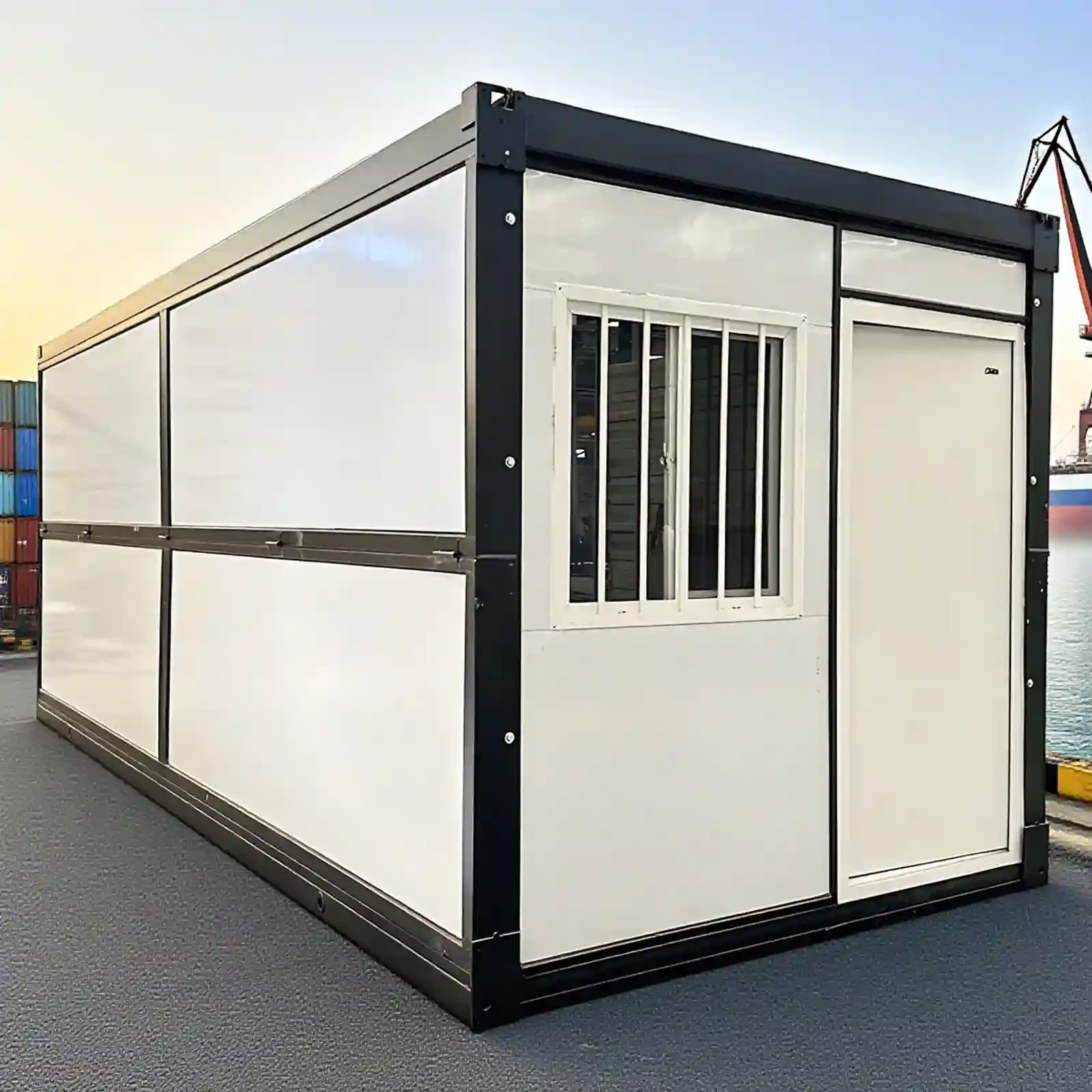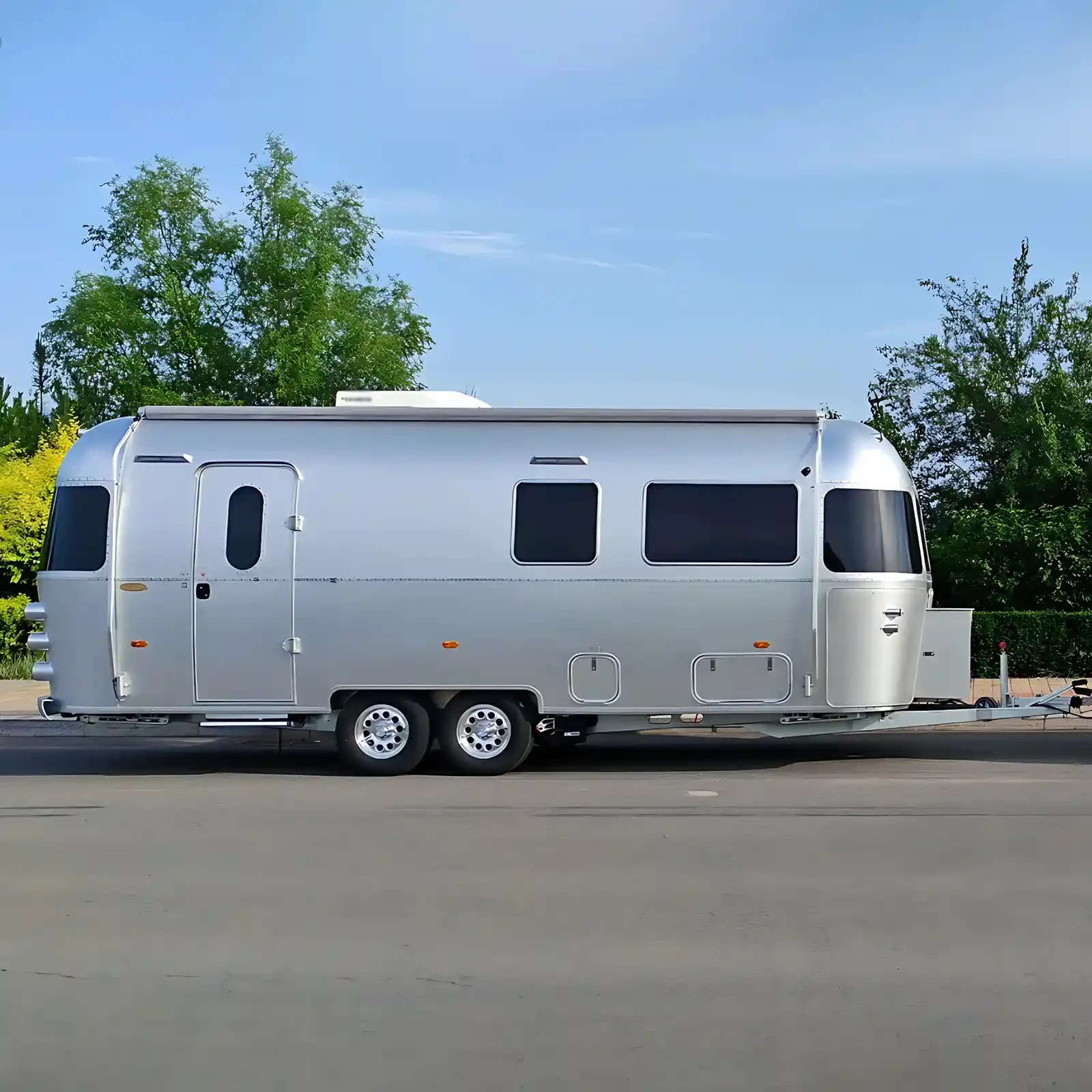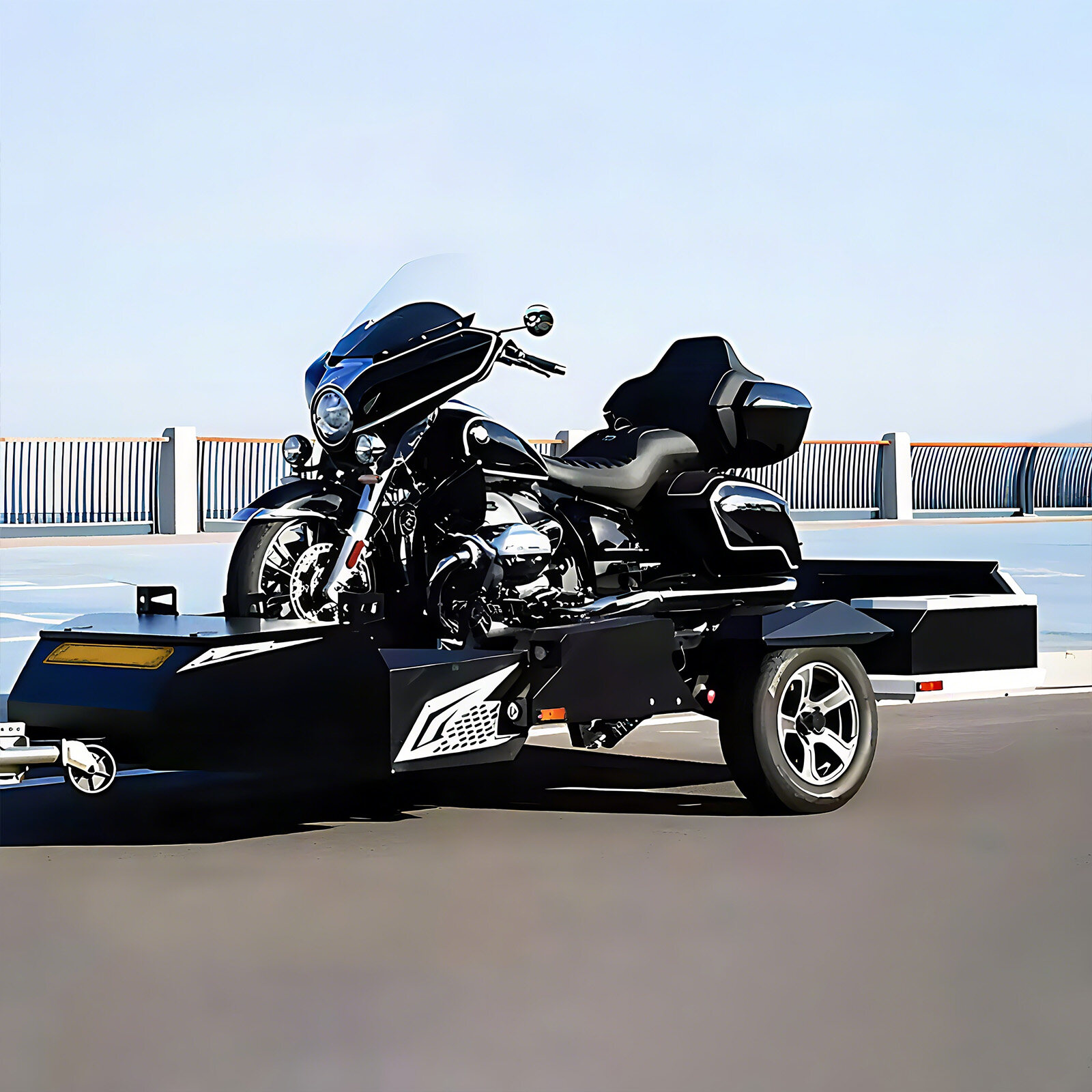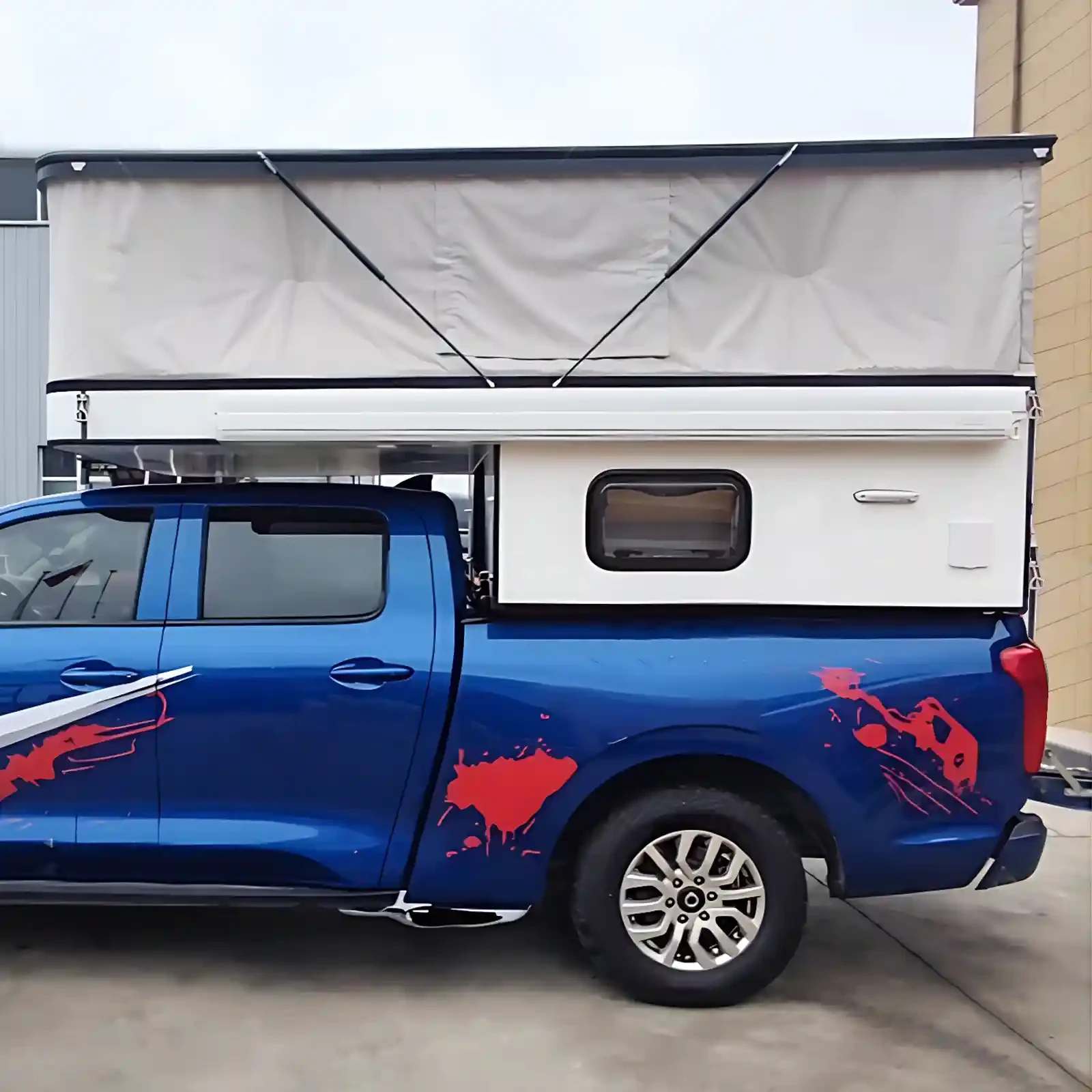In 2017, domestic tourists reached 5.001 billion, a 12.8% year-on-year increase; inbound and outbound tourists totaled 270 million, a 3.7% year-on-year increase; and total tourism revenue reached 5.40 trillion yuan, a 15.1% increase. The tourism market has enormous potential for development. RV tourism has seen annual growth of approximately 85% over the past two years. By 2020, China's RV market is poised for a new breakthrough, with annual sales expected to exceed 50,000 units.
Self-driving tours allow people to have more freedom of time and space, allowing them to explore new and exciting destinations. Traveling in an RV allows for the freedom to go, stop, eat, and stay as desired. For this reason, self-driving RV tours are poised to become a key travel style of the future. When hungry, the convenient kitchen allows you to prepare a delicious, clean meal; when sleepy, you can enjoy a good night's sleep in a comfortable bed. It truly allows you to eat and sleep as you please. This has become a new form of leisure travel, seamlessly integrating travel with home, bringing your family along for the journey and adding excitement to your travel and leisure lifestyle.
This has led to numerous issues associated with self-driving trips, including highway overtime fees. These are frustrating, unwarranted overcharges that can taint a pleasant trip. Many people don't understand highway overtime fees, believing they simply need to collect a card upon entering the highway and pay upon exiting the toll booth. However, if you drive on a highway for more than 24 hours, or more than 12 hours on the same highway, you'll be charged an overtime fee. How are highway overtime fees calculated? The distance between your entrance and exit is calculated, assuming a minimum speed of 60 km/h. Any time beyond this is charged at 40 yuan per hour.
Why was he charged an overtime fee? In the early days of expressways, toll booths couldn't accurately track vehicles entering and leaving the road, leading some vehicles to evade tolls by swapping passes and turning around at service areas. This regulation is intended to combat toll evasion and improve expressway efficiency.
The advantage of traveling by motorhome is that you can sleep and eat as you please, but driving time will inevitably exceed your travel time. If you stay at a highway service area, be sure to keep your receipts. If you don't stay at a service area and simply rest or sleep in your car, be sure to have proof of your time at the service area, such as a receipt. Also, please include vehicle maintenance receipts and records. This way, the toll booth staff won't charge you for overtime.
If you don't rest at a service area hotel, how can you avoid being charged a highway overtime fee? Here are a few tips.
The first method: enter the highway service area, buy something in the service area, ask for a receipt, take a photo for backup, and buy another item when you leave. This way you have physical evidence and you can show it to the toll collector to avoid charging overtime fees.
The second method: ask a staff member to issue a certificate. This method is not easy to find and you may not be able to find the person.
The third method: Remember the time you entered and exited the service area, and take a video or photo and show it to the staff. If you don’t believe it, ask the staff to check the surveillance. Usually, they will just take a look and let you pass.
In fact, highway overtime fees are mainly for large trucks. If you are driving a small passenger car, most of them will let you pass if you explain the reason to the toll collector. They will not ask you to provide any information at all. I hope this is useful to you.
A reminder to friends who have trailer RVs: if you are using ETC and the time has expired, do not use the ETC channel. Because the barrier will not be lifted automatically due to the timeout, you will need to reverse and use the manual channel.

 USD
USD
 GBP
GBP
 EUR
EUR






